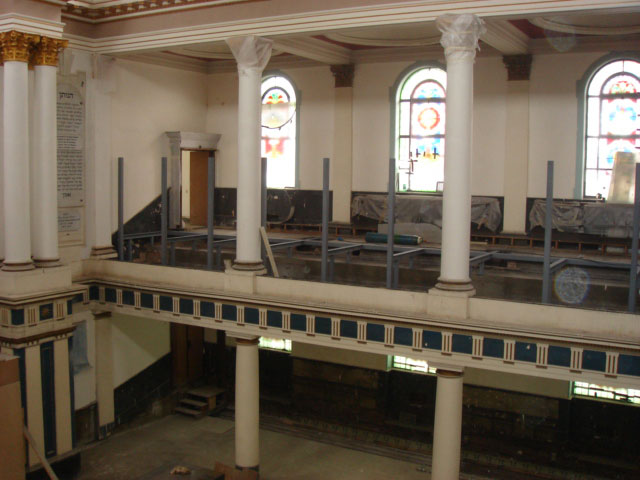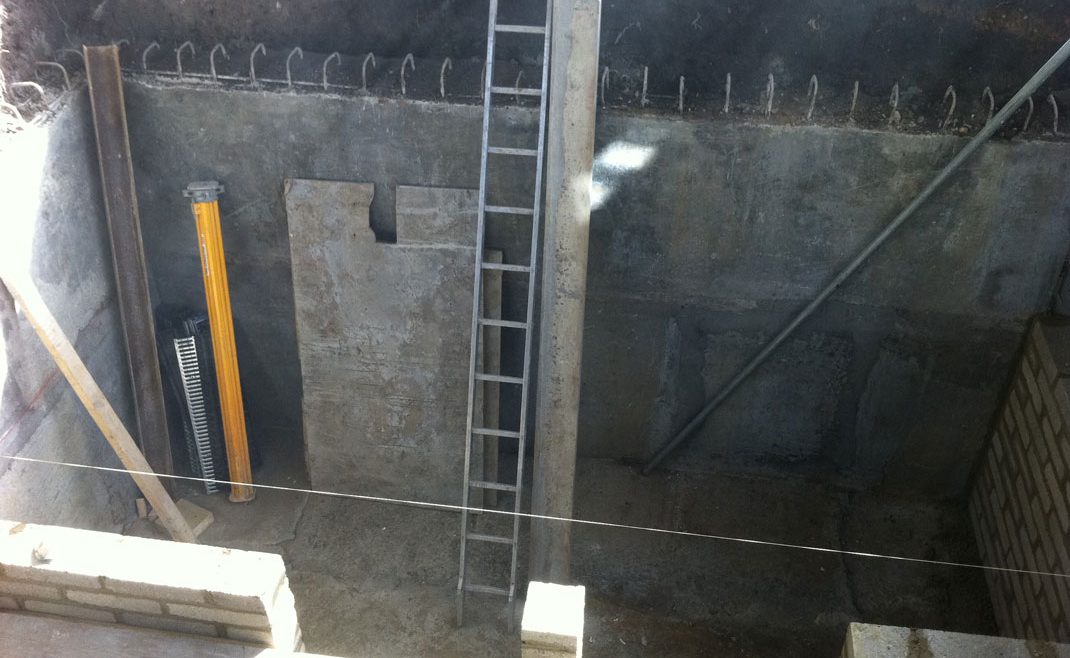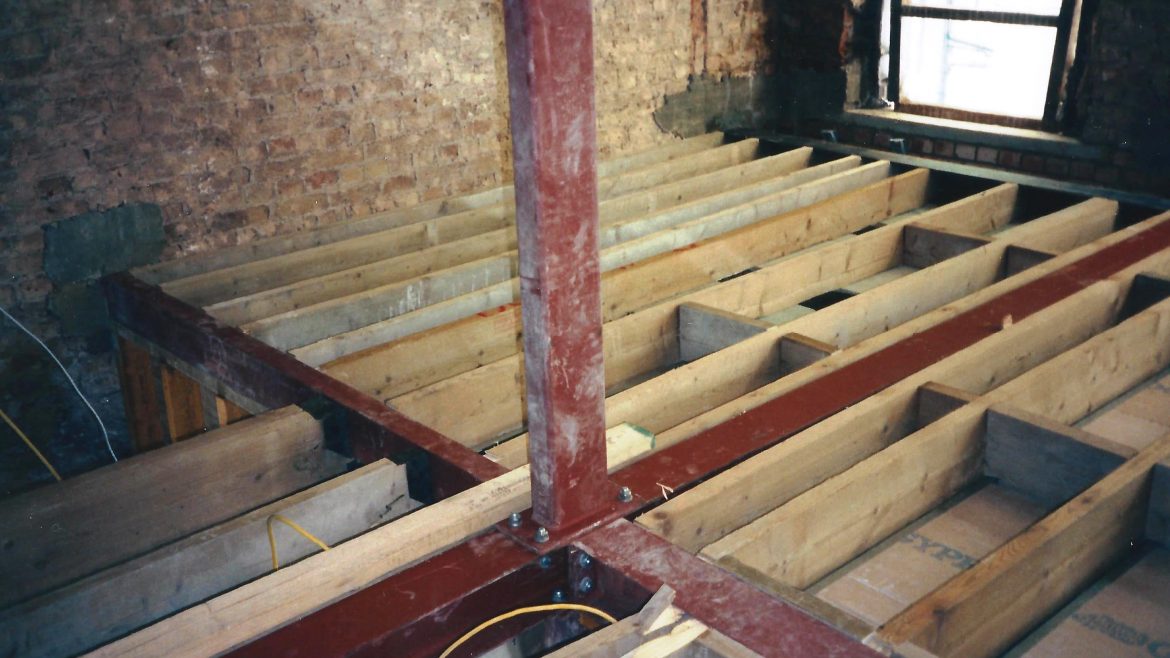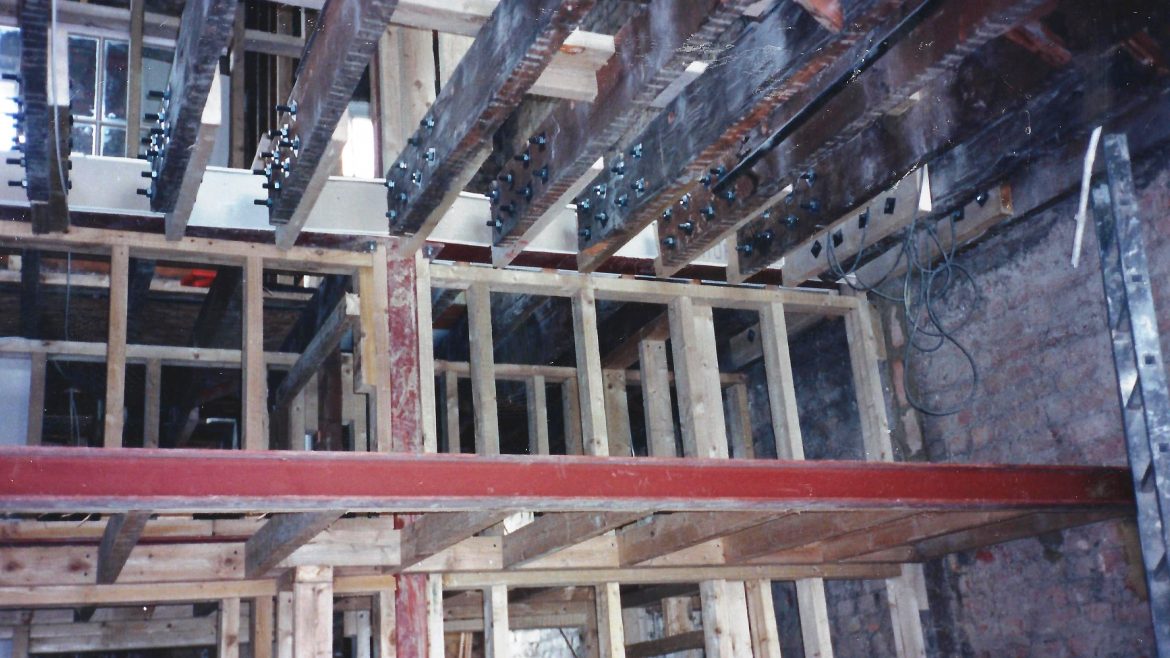How are buildings and the construction industry changing in response to climate change?
http://zussmanbear.com/wp-content/uploads/2017/11/R7.jpg 640 480 mattd mattd http://2.gravatar.com/avatar/854e268b6cbf4d6f0c2f99bb0d75cced?s=96&d=mm&r=gThe levels of atmospheric CO2 are rising year on year and climate change couldn’t be further at the front of people’s minds. With the sheer scale and use of resources in the construction industry, there lies a responsibility to be more and more efficient with how they are used. At Zussman Bear, we are always adapting to use the latest technology and best practise to ensure that we do not aid the problem of climate change.
Globally, the construction industry accounts for 25% of GHG emissions and so it’s vital to adapt to make the structural process more efficient, along with the buildings themselves.
Resilient designs have come about with the increasing focus and fear of climate change, this is where the structural engineers construct with extreme conditions in mind. For example, implementing designs geared to fight flood risks due to the rising sea levels and the increase in bad weather.
A bigger issue in cities is urban heat island (UHI) caused by an increased number of dark surfaces, a lack of vegetation, and the ability of light to reflect off of and absorb into more surfaces in cities with tall buildings, making things hotter and thus the use of air conditioning systems rise. With this in mind, structural design can include white and other light colours or reflective materials.




